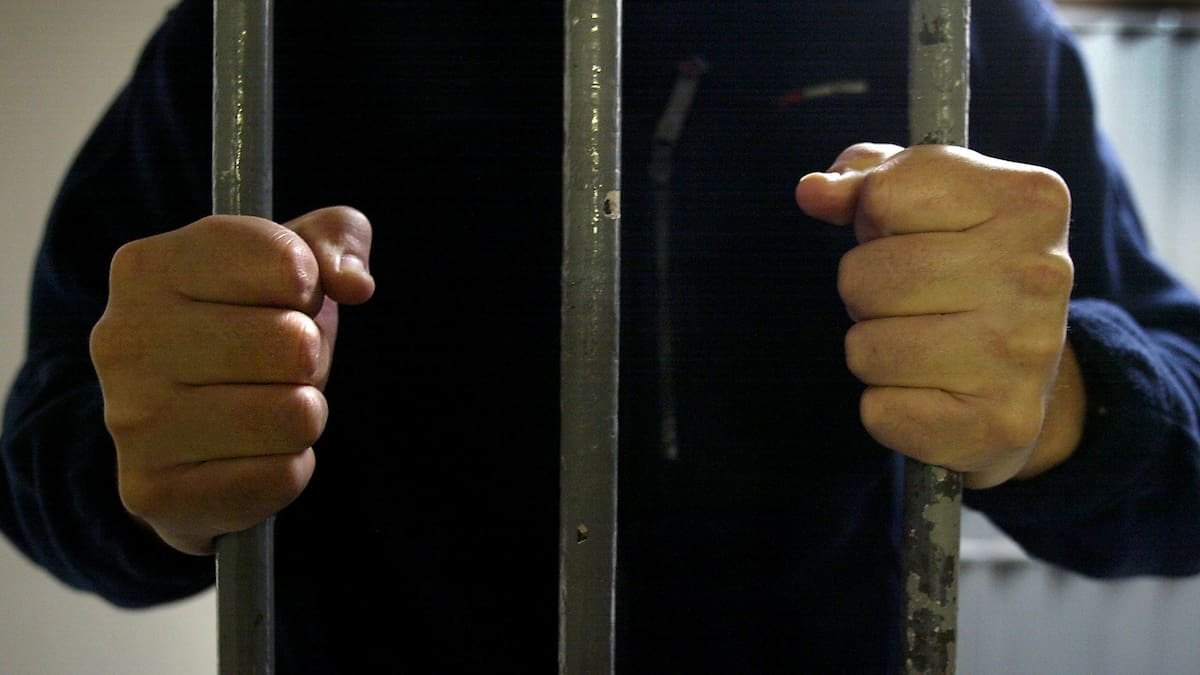Internationally retribution is seen as replacing acts of revenge. It is when the state deals out the consequences of a crime rather than allowing victims to take the law into their own hands. Historically acts of revenge often led to escalation, leading to worse crimes.
A survey from the Ministry of Justice asked New Zealanders what they thought were the most important priorities of the criminal justice system. The number one purpose was, “helping others so they don’t offend”, whereas punishing criminals was only the third most important purpose.
All of us will have different opinions regarding sentencing, prison terms, prison conditions, punishment and restitution. However, Corrections Minister Mark Mitchell’s recent statement is one that I think all of us would agree with, “we want to see offenders turn their lives around and become meaningful, contributing members of society”.
There is not one answer to achieving this as everyone responds differently. However, there is one recent policy that I think will make rehabilitation less likely. That is the recent announcement removing the right of prisoners to vote in general elections.
Some would say that those convicted of serious crimes have broken a social contract and therefore should have no right to influence the future political direction of the country.
Others argue that voting is not a privilege but a fundamental citizenship right, duty, and responsibility. New Zealand is arguably the world’s oldest true democracy, the first to grant the right to vote to all adult citizens. Therefore, it shouldn’t sit well with us that any citizen is denied the right to vote.
I believe in the power of democracy where voting is participating in the decision making of the future of our society. One of the problems we face is that many who enter the prison system have felt rejected by our society their whole lives. If they do not feel part of our society, is it any surprise that some may not feel bound by its rules.
Some of our most well-known gangs were formed by people who had been abused in state care and where being part of a gang was striking back at a society they believed hated them. That is no excuse for their behaviour. It does, however, give us keys to help unlock attitudes that may lead some to be a valued part of society.
Firstly, our society is not one where there is genuine opportunity for all. The benefits of our society such as quality education, health and housing, need to be more available to all.
Secondly, what is the message we send to someone if we say they can’t vote? “You are not a part of this society”, or “you don’t deserve to be part of this society”. Imagine if someone in authority said that to you, how would you respond? If you are like me you would tell them where to go.
However, what is the message we are sending to prisoners if we say “you can and are expected to vote”. We are telling them they are part of our society and that they can contribute to deciding its future.
Okay, it may be simplistic to expect that most prisoners will change their behaviour, as what leads people to desire, work for and achieve rehabilitation is different for everyone. But, it can often be the small or simple things that lead someone to change their path. I am a great believer in the power of hope as a forerunner to a better future.

Giving all prisoners the vote means they are making choices about the future direction of our society. They are engaging with society, buying into it, maybe even believing they have a place in it.
What as citizens do we really lose if we allow prisoners to vote and encourage them to think about the future of New Zealand for their children and grandchildren?






